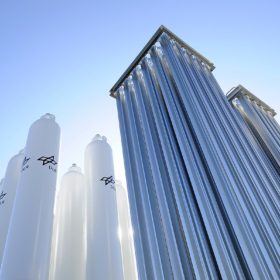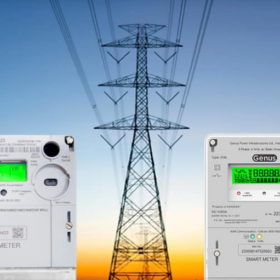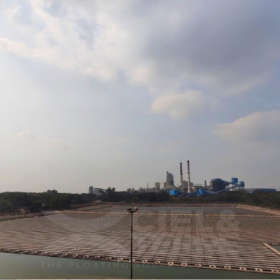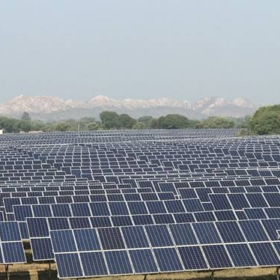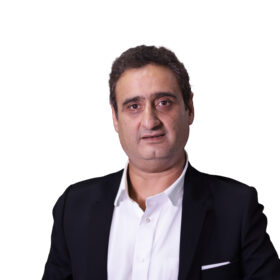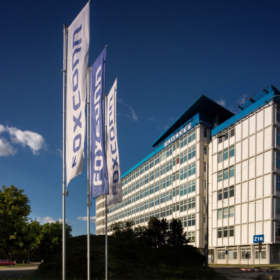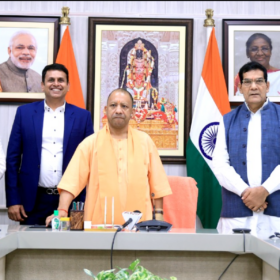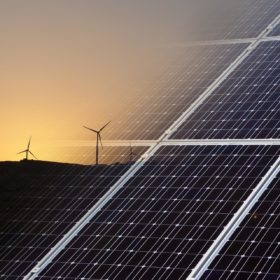The Hydrogen Stream: SECI invites proposals to develop green hydrogen hub infrastructure
Solar Energy Corp. of India (SECI) has invited proposals to develop the core infrastructure required for setting up of green hydrogen hubs under the National Green Hydrogen Mission. Bidding closes on Oct.7.
Genus Power wins advanced metering infra orders worth INR 3,608.52 crore
With these additions, Genus Power Infrastructures’ total order book, including all special purpose vehicles and the GIC Platform, stands at about INR 28,000 crore (net of taxes).
Epcogen secures contract for Highview Power’s liquid-air energy storage project in UK
Epcogen will provide multi-discipline engineering activities for Highview Power’s first large-scale liquid-air energy storage project in Manchester, UK.
Ciel & Terre, Amplus complete 4.1 MWp floating solar installation for Ultratech Cement
Ciel & Terre India and Amplus KN One Power have completed a 4.096 MWp floating solar installation for captive consumption by UltraTech Cement’s Awarpur unit in Maharashtra.
Battery storage costs must fall by 15% per year to avoid new coal capacity additions after 2030 in India
If battery energy storage costs fall 15% every year on an average, it would enable India to potentially limit its coal capacity to the 14th National Electricity Plan projection of 260 GW by 2032, says a new report by global think tank Ember and TERI.
Uttar Pradesh plans solar power plants along Bundelkhand Expressway
Global Energy Alliance for People and Planet (GEAPP) has completed detailed project report for the solar power plants to be installed on the vacant land along the Bundelkhand Expressway.
Supply chain innovation vital for product transformation
Real-time data visibility is the most crucial aspect of modern supply chain management. Companies should utilize Internet of Things (IoT) devices, blockchain technology and cloud-based platforms to monitor their global supply chain networks. This gives key details on inventory levels, manufacturing progress, and shipping schedules.
Foxconn mulling battery energy storage unit in India
Taiwanese electronics manufacturer Foxconn (Hon Hai Technology Group), which is working on lithium ferro phosphate (LFP) and solidstate batteries, is exploring production of electric vehicles and battery energy storage systems in India.
Uttar Pradesh chief minister inaugurates Avaada Group’s 70 MW solar project in Banda
Avaada Group is also setting up 2.19 GW of pumped storage projects in Sonbhadra and Mirzapur districts, along with around 1 GW of solar power projects in Jalaun, Chitrakoot, and Lalitpur districts of Uttar Pradesh, with an investment of around INR 20,000 crore.
ONGC launches 1 GW wind-solar hybrid tender
ONGC, India’s largest crude oil and natural gas company, is accepting bids to set up 1 GW of co-located wind-solar hybrid power projects (500 MW solar plus 500 MW wind) for its captive consumption. Bidding closes on Oct. 23.
